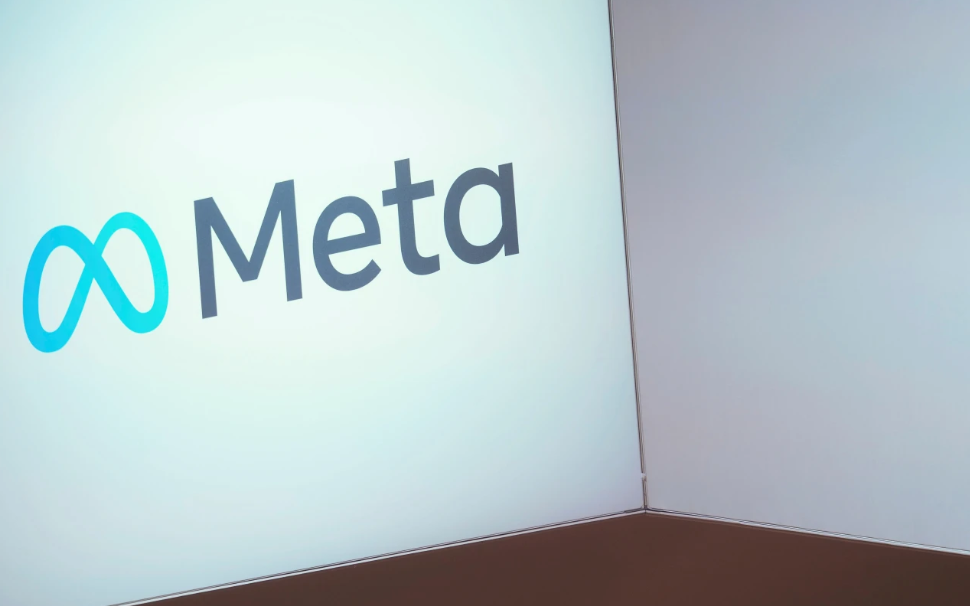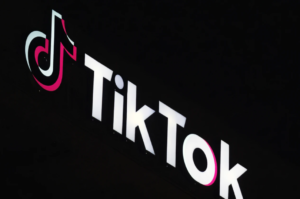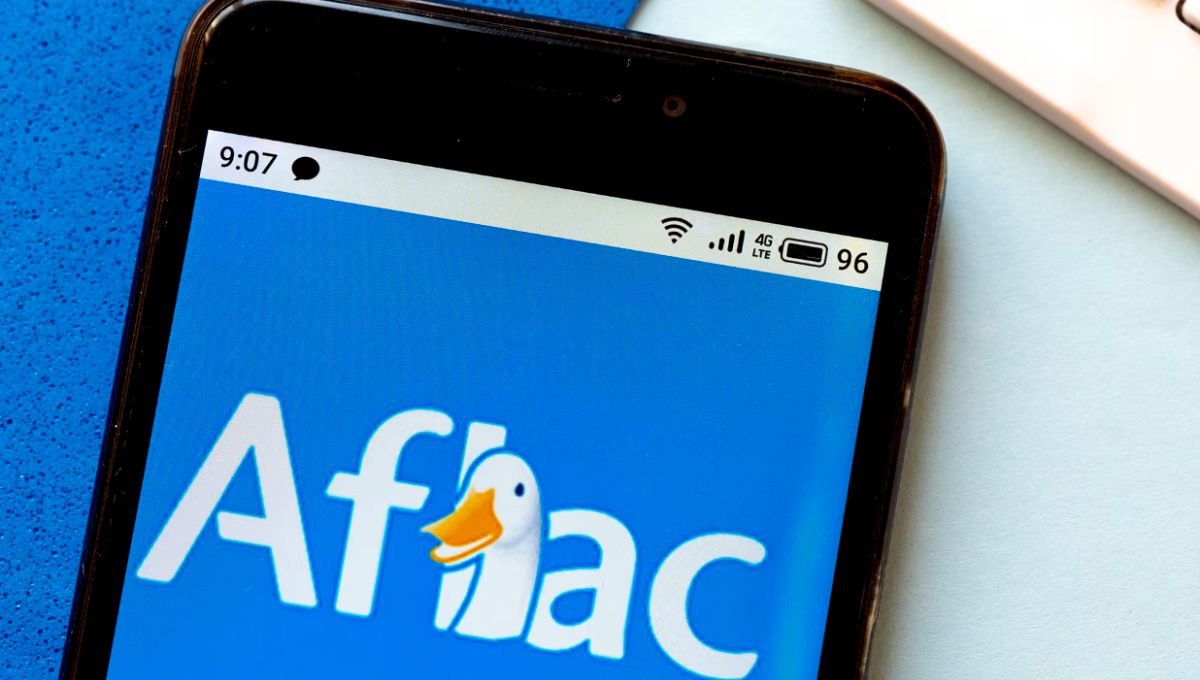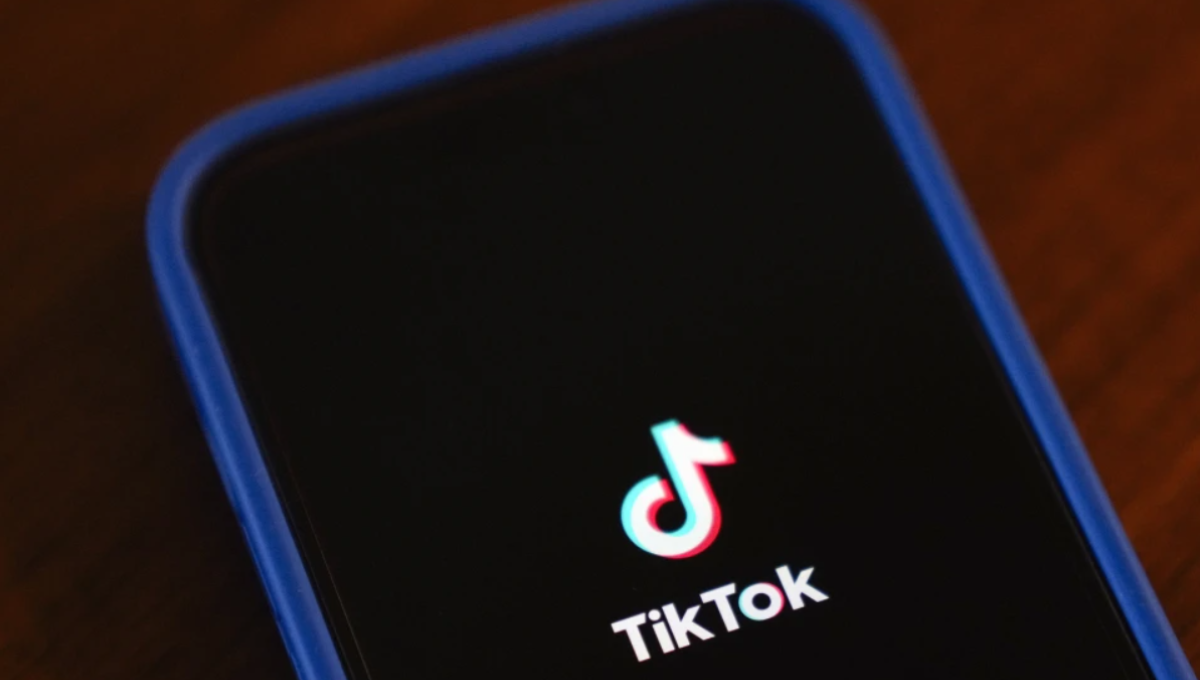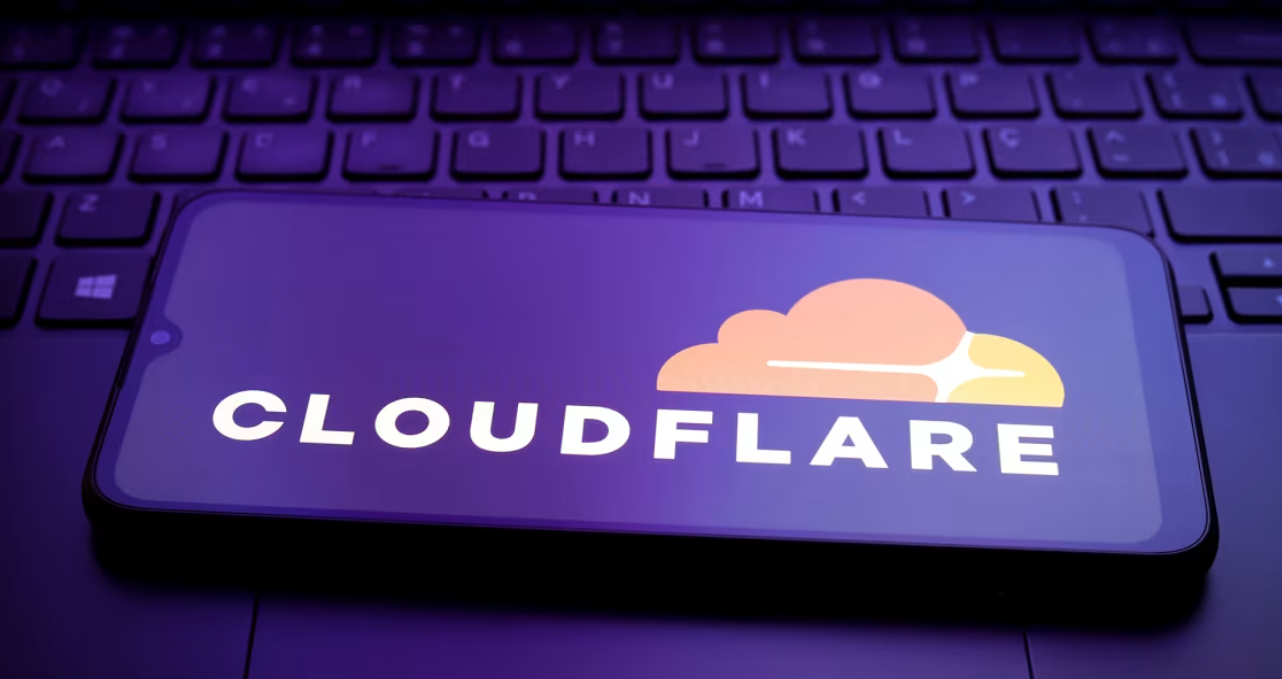Meta Platforms Inc. is facing a historic antitrust trial starting Monday that could potentially force the tech giant to separate Instagram and WhatsApp, two major acquisitions made over a decade ago that have since become dominant players in social media.
This trial marks a significant test for the Federal Trade Commission (FTC) under President Donald Trump, as it is the first major case challenging Big Tech. The lawsuit, originally filed in 2020 during Trump’s first term, accuses Meta—previously known as Facebook—of purchasing Instagram and WhatsApp to eliminate competition and create an illegal monopoly in the social media market.
The FTC argues that Meta has maintained a monopoly by following the strategy articulated by CEO Mark Zuckerberg in 2008, which prioritized acquisitions over competition. The FTC claims that Facebook has systematically tracked potential competitors and acquired companies it deemed a threat, thereby neutralizing competition. It also accuses Facebook of creating policies that made it harder for smaller rivals to enter the market, especially as the industry shifted from desktop to mobile devices.
Meta’s acquisition of Instagram in 2012 was the first time Facebook purchased a company and kept it running as a separate app, unlike previous “acqui-hires,” where Facebook would acquire a startup mainly for its talent and shut down the company. Instagram, originally a small photo-sharing app with no ads, was bought for $1 billion. Two years later, Facebook acquired the messaging app WhatsApp for $22 billion.
These acquisitions helped Facebook transition its business from desktop to mobile devices and maintain its popularity among younger users, as new competitors like Snapchat and TikTok emerged. However, the FTC has a narrow definition of Meta’s competitive market, excluding platforms like TikTok, YouTube, and Apple’s messaging service from being seen as rivals to Instagram and WhatsApp.
Paul Swanson, an antitrust attorney, notes that the FTC faces a difficult challenge in defining the market sufficiently narrowly to demonstrate that Meta holds significant power. He also mentions that with the rise of new competitors in social media, it’s becoming harder for the FTC to prove that Meta holds a dominant position.
Meta counters that the FTC’s lawsuit “defies reality” and claims that Instagram, WhatsApp, and Facebook compete with platforms like TikTok, YouTube, and iMessage. Meta also argues that after 10 years, the FTC’s attempt to break up its acquisitions is unjustified, as the deals were cleared at the time. The company further contends that the FTC must prove that Meta holds monopoly power in the market today, not in the past, a task that may be challenging given the increase in competition.
U.S. District Judge James Boasberg will decide Meta’s fate, after he rejected the company’s request for a summary judgment and insisted the case go to trial. Judge Boasberg has expressed skepticism about the FTC’s narrow market definition but remains open to hearing the FTC’s arguments.
If the FTC succeeds, the consequences for Meta could be significant. Instagram is currently Meta’s largest revenue generator in the U.S., contributing over 50% of its ad revenue in 2025. Instagram has also been instrumental in attracting younger users, filling the gap left by Facebook’s decreasing popularity among this demographic.
Meta isn’t the only tech company under scrutiny by federal antitrust regulators. Google and Amazon are facing their own antitrust cases, with Google’s remedy phase set to begin on April 21, after a federal judge declared the company an illegal monopoly last August.
This case highlights an ongoing debate about whether 19th-century antitrust laws can effectively address the dynamics of rapidly evolving tech markets. The outcome of this trial could have broad implications for the future of antitrust enforcement in the digital age.
